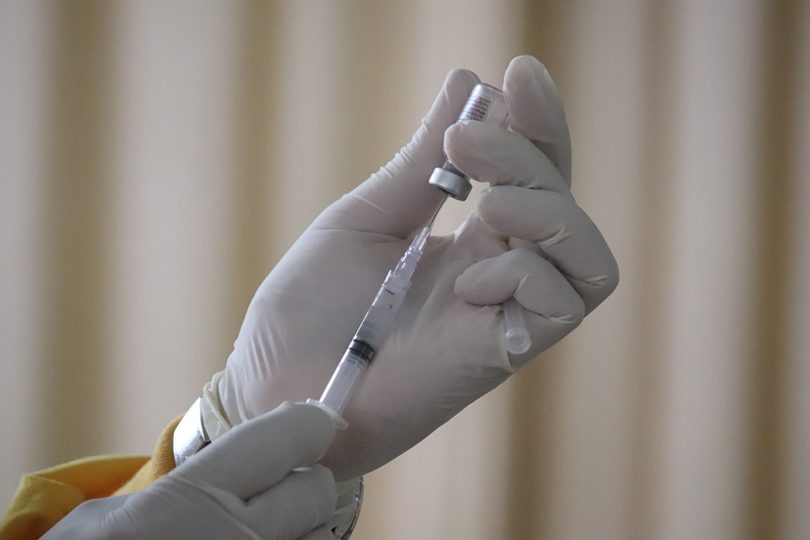Approximately 3 percent of the people in the United States are moderately to severely immunocompromised, putting them at greater risk for developing severe illness or dying from COVID-19.
Even with vaccination, many of these patients may not build up enough protection against the virus.
AU Health is the only medical facility in the region to offer these patients a new preventive option in the fight against COVID-19.
Evusheld, made by AstraZeneca, is a new prevention therapy in patients with weak immune systems. It is administered in two shots, in the buttocks, one immediately after the other.
“Evusheld is an injection of monoclonal antibodies designed to provide protection against COVID-19 in patients that may not mount an adequate immune response from vaccination alone,” said Dr. Phillip Coule, chief medical officer and vice president of AU Health System. “Patients undergoing treatment for cancer or those that have received a recent organ transplant are at higher risk from COVID-19 and can benefit from the addition protection provided by Evusheld.”
Evusheld recently receive emergency authorization by the Food and Drug Administration. It consists of two types of manufactured antibodies against the virus that causes COVID-19.
“These antibodies are similar to what the body naturally makes to fight a COVID-19 infection,” Coule said. “By providing them in advance of an infection, Evusheld can help prevent an infection or give the body a headstart in fighting off a COVID-19 infection.”
The treatment should provide three to six months of protection. It works differently than a vaccine. A vaccine “trains” the body’s immune system to recognize and fight an infection when it encounters a virus. A monoclonal antibody acts like antibodies made by the immune system to fight an infection.
Patients are eligible to get Evusheld if they are
- Age 12 years or older
- Weigh at least 88 pounds
- Not currently infected with or recently exposed to COVID-19
- Immunocompromised due to a health condition or immunosuppressant medication
Patients who think they are eligible should talk with their doctor. Click here to learn more.


